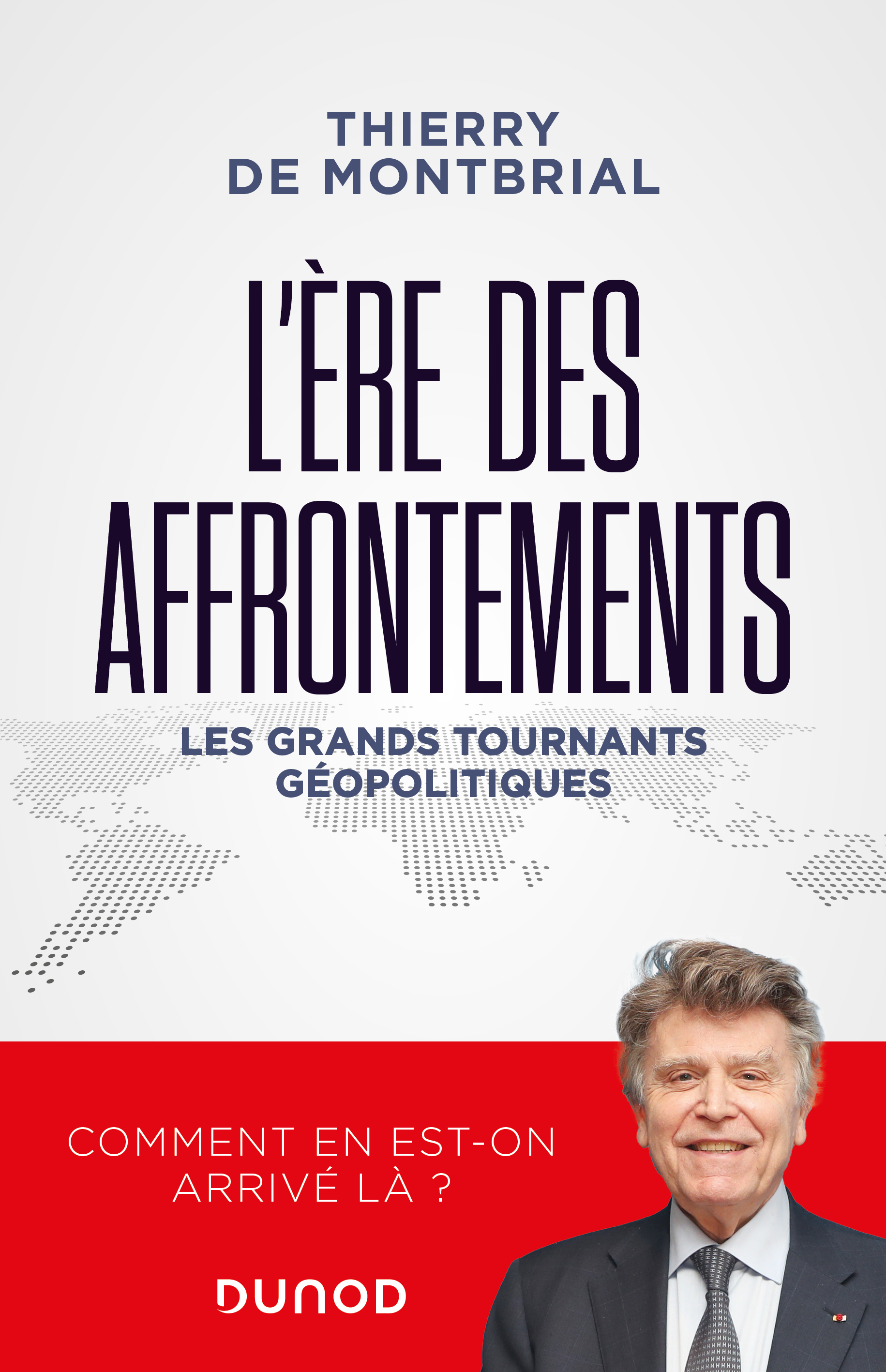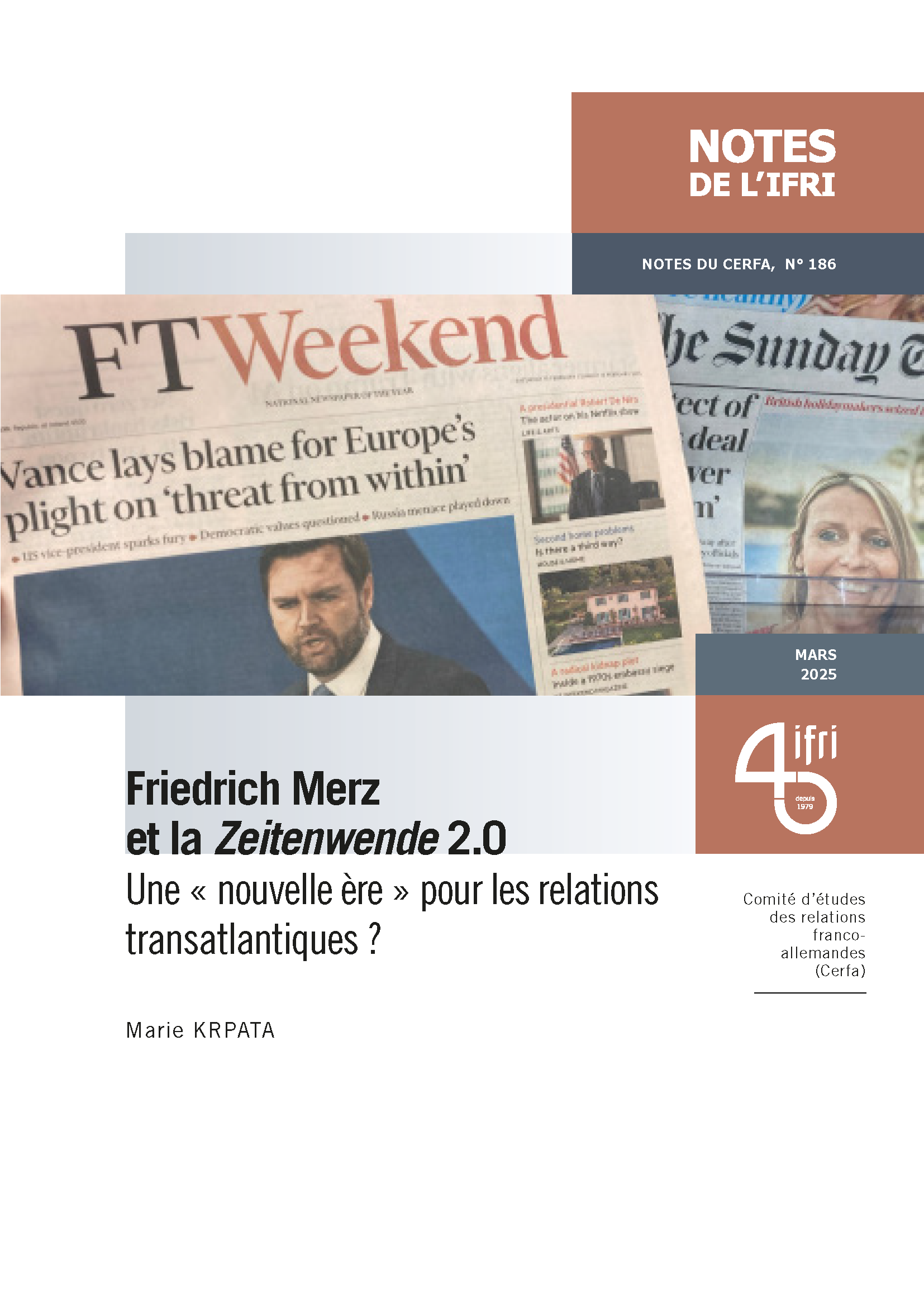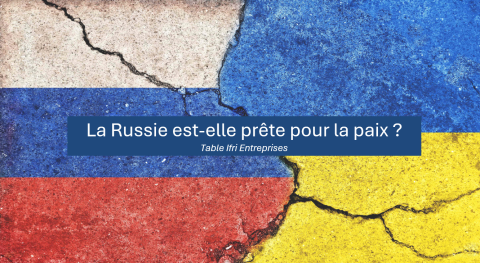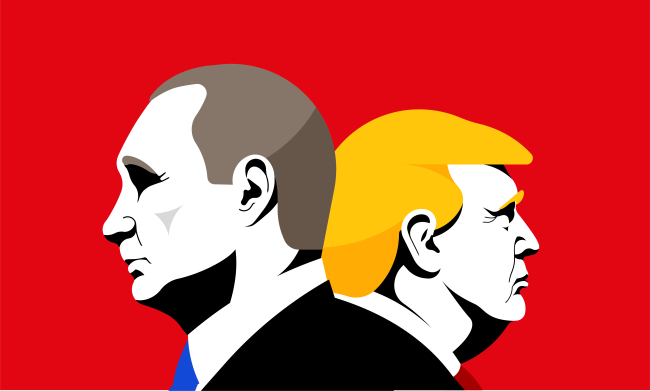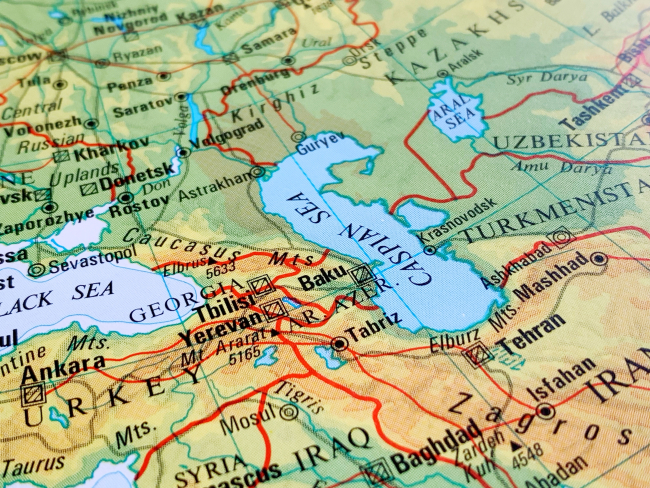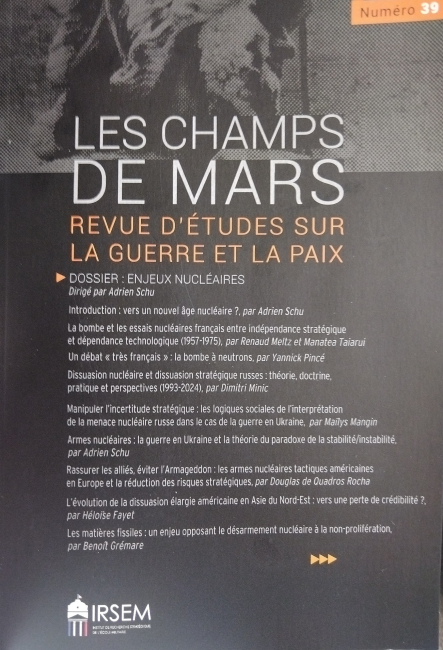Contest and conquest: Russia and global internet governance

For more than a decade, Russia’s foreign policy has sought to challenge the international consensus on a number of issues. Today, as the international internet ecosystem is becoming more volatile, Moscow is eager to shift the western narrative over the current global internet governance regime, in which the United States retains considerable leverage. In a context wherein states increasingly forge links between cyberspace and foreign policy, this article explores Russia’s deepening involvement in internet governance. The disclosure by Edward Snowden of the US government’s wide net of online surveillance contributed to legitimize the Russian approach to controlling online activity. While the struggle around the narrative of internet governance has been heating up since then, Russia actively seeks to coordinate internet governance and cyber security policies with likeminded states in both regional forums and the United Nations. By introducing security concerns and advocating more hierarchy and a greater role for governments, Moscow is contributing to the politicization of global cyber issues and seeking to reshape the network in accordance with its own domestic political interests. Indeed, the Russian leadership has come to consider the foreign policy of the internet as the establishment of a new US-led hegemonic framework that Washington would use to subvert other sovereign states with its own world views and values.
Centres et programmes liés
Découvrez nos autres centres et programmes de rechercheEn savoir plus
Découvrir toutes nos analysesTrump-Poutine : logiques et perspectives d'une négociation sur l'Ukraine
Comme prévu, le nouveau président américain, Donald Trump, semble se montrer conciliant avec son homologue russe, Vladimir Poutine, dont les objectifs restent maximalistes : cession de territoires, changement de régime, finlandisation et démilitarisation de l’Ukraine.
La mer Caspienne, pôle énergétique émergent : Opportunités et limites
La présente note analyse les perspectives d’évolution de la région de la mer Caspienne et de ses acteurs clés, à l’exception de la Russie et de l’Iran, en un pôle énergétique majeur répondant aux besoins de l’Union européenne (UE).
Dissuasion nucléaire et dissuasion stratégique russes : théorie, doctrine, pratique et perspectives (1993 - 2024)
Dimitri Minic, chercheur au Centre Russie/Eurasie à l'Ifri, docteur en histoire des relations internationales et spécialiste de la pensée et de la culture stratégiques russes, retrace dans un article pour Les Champs de Mars l'histoire théorique, doctrinale et pratique de la dissuasion nucléaire et de la dissuasion stratégique russes.
The European Union's Strategic Test in Georgia
La crise politique qui se déroule en Géorgie est de nature existentielle pour le pays. Ce qui est en jeu, c'est l'avenir de la Géorgie en tant que nation européenne, démocratique et souveraine.


